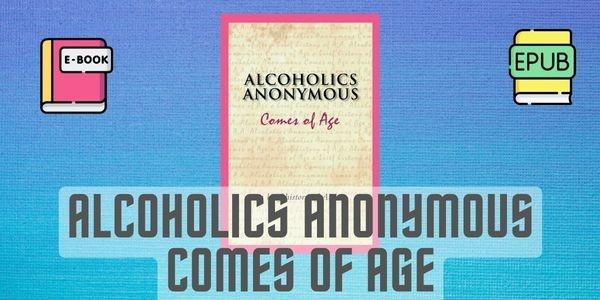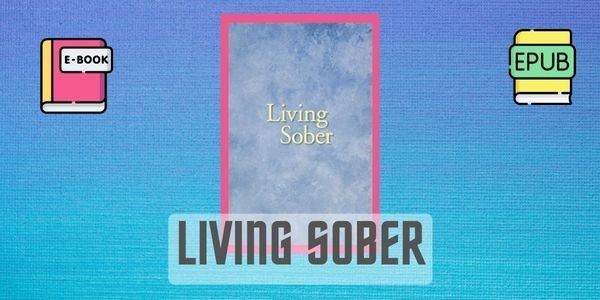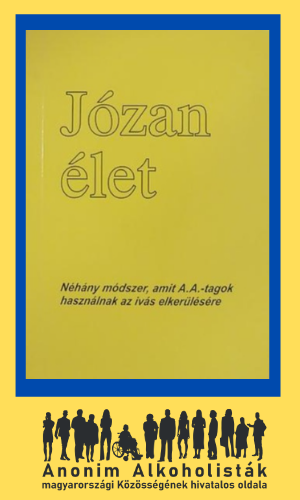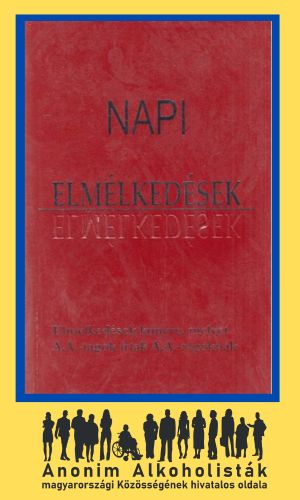The drug treatment home programme:
The Ráckeresztur Home, which sees itself as a drug-free community, provides professional and human support to those who apply for it. As a drug-free community, it is a place of service and support. Residents can choose to overcome their addictions with the support of the staff and the therapeutic community. Our goal is to develop not only a drug-free lifestyle, but a self-sustaining, fulfilling, substance-free lifestyle. Our staff's supportive attitude is framed by a Rogersian non-directivity, a solution-seeking approach to positive psychology and a Christian values approach. The main values are love, respect and acceptance, which the staff transmit to the residents.
Self-help elements
Addicts are cured when they can convince themselves - that's what treatment is all about, and that's what we help them to do.
Specificities of the adolescent unit
Therapy in the teenage unit takes into account the specificities of childhood and adolescence. Here we provide classroom-based education rather than occupational therapy. Our aim is to stimulate interest in school, develop competence, experience a sense of achievement and reintegration. We liaise with the school, class teacher and head teacher of the person in our care, inform them about exam requirements, if applicable, and give them time, opportunities and tutorial support to prepare. On exam days, we organise transport to the exam. Lessons are held in mini groups and/or individually in parallel, in groups, according to the professional manual for the treatment of adolescents with problems. In the mini groups we work with visual techniques, interactive, playful exercises and experiential pedagogical methods.
In addition to the lessons, daily psycho- and socio-therapeutic sessions (self-awareness, art therapy, sports, competence development, relaxation, imagination, creative, relapse prevention, etc.) are organised. From wake-up to lights out, group, small group and individual consultations and development sessions are ongoing, and leisure time is guided. There is no television in the institution. A film club is organised to complement emotional education.
We hold regular groups of relatives to share information, provide counselling and support.
Who is considered to have closed the programme?
Someone who has successfully completed therapy, is able to self-reflect, has a job (school) and housing, has developed a supportive relationship with their immediate family where possible, has found a link with the local church or other supportive environment.
Options for aftercare
We do not let go of our clients once therapy has ended. To help maintain contact and stay sober, we offer a weekly aftercare group in Budapest and Dunaújváros. Every year we organise the "Old Boys' Meeting" in Ráckeresztúr, where we welcome all our former residents who are on abstinence, together with their families, of course. Our former clients often come back to visit us - to recharge their batteries or to gather strength - and we also keep in touch with our former residents via a closed Facebook group, e-mail and telephone.
Back into society: supported housing service
Most people recovering in rehabilitation homes do not have a supportive family background, and most leave a circle of substance-using friends in their original place of residence - returning there would increase the chances of relapse. Supported housing services help addicts to re-socialise and prevent relapse. This is not just about financial support: it continues to provide a sheltered supportive environment and a therapeutic background for residents who complete the programme. There are conditions for accessing the service, and residents must comply with certain rules of conduct. The stable community background and orderly living arrangements give clients the opportunity to consolidate newly acquired skills and maintain abstinence.
Family Counselling and Training Centre
Ráckeresztúr, Dózsa Gy. u. 4.
In addition to our therapeutic activities, we run a Family Consultation and Training Centre in Ráckeresztúr. In the centre, located at Dózsa Gy. u. 4., we offer accredited drug prevention training for teachers and social workers; and accredited Portage training for social workers, which includes the therapeutic manual of the Canadian-rooted developmental life programme, which is also used in our home.
Drug Mission Links
We are in close professional contact with other institutions of the Reformed Drug Mission: the Clean Community House, which provides drug prevention services, the alcohol and drug-free ADNA Café in Budapest, and the Válaszút Mission, which provides pre- and aftercare in the capital, and the Újváros Drug Outpatient Clinic in Dunaújváros.
Our mission is to show people in the grip of addiction that sobriety is a tool to build a more fulfilling life, and to develop the skills to do so, accompanying them through this difficult phase of their lives.
Our mission:
The current situation in Hungary is that the care system does not provide any high threshold residential care for 11-18 year olds with drug problems. In Hungary, the number of young people under 18 with drug problems has been increasing in recent years. Our aim is to build therapy for young people on the educational programme, with a much closer supportive (mentor) presence. The trend in recent years shows that the first drug use among drug addicts has shifted more and more towards lower ages, with an increasing number of 11-18 year olds. If their treatment is successful, the young people in the programme become useful members of society again. As they are early intervention cases, the effectiveness and efficiency of treatment can be significantly increased. Aims and objectives of the programme
The aim is to help young people who are deviant, substance abusers (alcohol, drugs, gambling, etc.), truant or have been expelled for excessive absenteeism. We want to help young people find their way to a happy young adult life.
Duration of therapy
The duration of the therapy period is personalised and offered by the professional team after the probationary period.
The duration can be from 3 to 12 months. The duration of therapy is determined taking into account the school year, the family support network and the severity of the addiction (dependency).
Staff
Qualified, dedicated, caring and, in some cases, experienced professionals who see their work as a vocation.
Field of activity
Providing services to young people nationwide.
Programmes
Full board in a drug and alcohol free environment, three meals a day, accommodation in triple rooms
Exploring and strengthening existing skills
Stress management, anxiety reduction and resolution
Assertiveness and conflict management
Developing communication
Developing learning skills
Useful use of leisure time
Creating new, more harmonious family dynamics, parental or family consultation
Family therapy
Autonomy and responsibility
Sport
Opportunities to live the Christian faith
Experiential therapy sessions
Art therapy
Music therapy
Self-awareness
Educational services
Individual case manager consultations
Community and group therapy tools
Aftercare (relapse prevention)







































